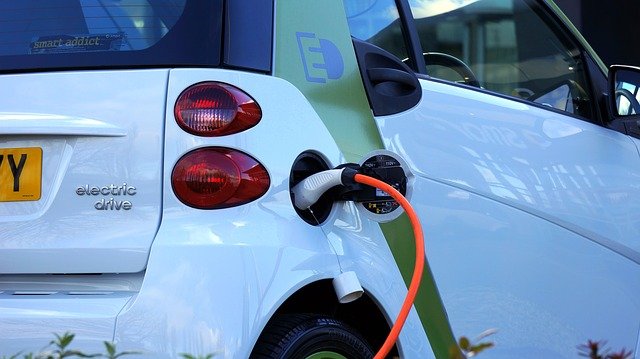Guest post by James Felton
As the COP 26 climate summit draws nearer, the UK Government is accelerating the implementation of its Green Industrial Revolution 10-point plan in an effort to cement its credentials as a global ‘green’ leader and seize the opportunity to build back better post-Covid-19. The role of the UK’s SMEs in driving this plan forward and the support they need to do that cannot be underestimated.
Official figures published by the Department for Business, Energy & Industrial Strategy show that UK businesses collectively generate close to a fifth of 59.4Mt of total territorial carbon dioxide emissions, despite a significant emissions decline in 2020 due to nationwide lockdowns and restrictions introduced in response to Covid-19.
However, a recent BSI survey revealed that 7 out of 10 senior decision makers in the UK have seen carbon naturality targets pushed back by the pandemic, with a shift in focus to other, more pressing corporate priorities. The survey also found that only 20% of the UK’s small businesses have committed to a net zero target, in contrast to 50% of their larger counterparts.
Given the fact that small businesses account for 99.9 per cent of all UK firms and half of business-related emissions, actively engaging and supporting these companies on the journey to net zero is critical to ensuring overall progress.
 This is where the super-deduction tax relief, introduced in the spring Budget, comes in. It provides SMEs with an immediate opportunity to reduce tax bills by 130 per cent when investing in assets such as solar panels and EV charging points. This is a significant increase from the 18% relief for which these assets would usually qualify. All businesses that invest in qualifying assets by March 31 2023 are eligible for the scheme.
This is where the super-deduction tax relief, introduced in the spring Budget, comes in. It provides SMEs with an immediate opportunity to reduce tax bills by 130 per cent when investing in assets such as solar panels and EV charging points. This is a significant increase from the 18% relief for which these assets would usually qualify. All businesses that invest in qualifying assets by March 31 2023 are eligible for the scheme.
For example, a business in the manufacturing sector that invests £500,000 in an electric delivery fleet to drive expansion and reduce its carbon footprint will be able to claim a £650,000 capital allowance. This is a material saving, even before the impact of such investments on the sustainable growth of the business going forward is considered.
The opportunity for such investments to drive decarbonisation efforts across the UK is vast. A recent study shows that 70 per cent of cars and LCVs currently being used commercially in the UK could be replaced by electric models. An estimated 65 per cent of LCVs are controlled by SMEs, according to ResearchAndMarkets.com’s SME Purchasing Dynamics Report 2020.
Furthermore, creating EV-friendly workplaces by investing in EV charging points onsite can play a vital role in the rollout of electric mobility more broadly, especially as more employees return to the workplace once restrictions are lifted. As we look to the future, it is vital that the UK’s SMEs are fully supported in their efforts to minimise their impact on the as environment they return to growth.
The super-deduction tax relief is a clear sign that the Government understands the need for businesses be encouraged to invest in a more sustainable future. It must be the mission of independent lenders like White Oak to play an active role in accelerating these investments, by providing flexible financing solutions to the UK’s SMEs
James Felton is Chief Operating Officer, White Oak Europe
Related
Bankers pledge to fund carbon zero initiatives
How SMEs can help meet carbon zero initiatives


